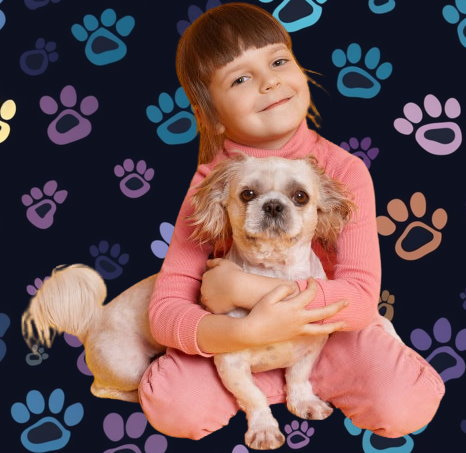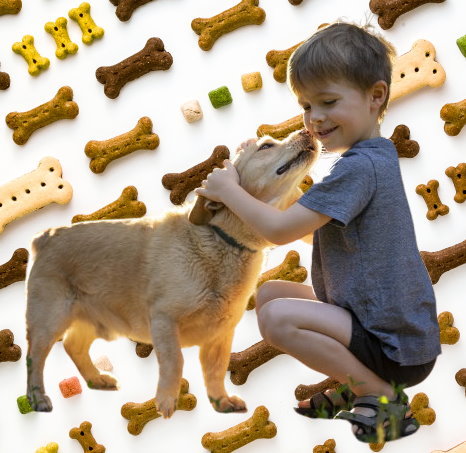Welcome to Dog Training Newbies !
Welcome to Dog Training Newbies !

Having a shy or nervous dog can be a challenging experience. These dogs may struggle with social interactions, new environments, and everyday situations. However, with patience, understanding, and proper training, you can help your shy or nervous dog build confidence and trust. In this article, we will provide you with valuable insights and practical tips to help you navigate this journey and create a safe and supportive environment for your beloved furry friend.
UNDERSTAND THE ROOT CAUSES:
Shyness or nervousness in dogs can stem from various factors, including genetics, lack of socialization during the critical developmental period, past traumas, or even physical health issues. Understanding the underlying causes of your dog's shyness is crucial in developing an effective approach to help them overcome their fears and anxieties.
CREATE A SAFE SPACE:
Provide your shy or nervous dog with a designated safe space within your home. This area should be quiet, comfortable, and free from potential stressors. Furnish it with their bed, toys, and familiar objects to create a sense of security. Encourage your dog to retreat to this space whenever they feel overwhelmed or anxious, respecting their need for solitude.
GRADUAL EXPOSURE TO NEW ENVIRONMENTS:
Expose your dog to new environments gradually, starting with low-stress situations. Begin by introducing them to different rooms in your house, then gradually expand to more challenging environments such as parks or pet-friendly stores. Allow your dog to explore at their own pace, providing positive reinforcement and rewards for calm behavior. This gradual exposure helps them build confidence and associate new environments with positive experiences.


POSITIVE REINFORCEMENT TRAINING:
Positive reinforcement training is highly effective for shy or nervous dogs. Use rewards such as treats, praise, and play to reinforce desired behaviors. Focus on small achievements and gradually increase the difficulty of training exercises. This approach helps build trust, strengthens the bond between you and your dog, and boosts their confidence as they realize their capabilities.
ENCOURAGE SOCIALIZATION:
Socialization is crucial for shy or nervous dogs to develop confidence and feel comfortable around other people and animals. However, it should be approached with caution and in a controlled manner. Organize controlled playdates with well-behaved and gentle dogs, and introduce your dog to friendly and understanding individuals who can provide positive experiences. Always prioritize your dog's comfort and allow them to set the pace for interactions.
PROVIDE PREDICTABILITY AND ROUTINE:
Establishing a predictable routine helps shy or nervous dogs feel safe and secure. Maintain a consistent daily schedule for feeding, exercise, and training sessions. Consistency in routines provides a sense of stability, reducing anxiety and promoting overall well-being.
SEEK PROFESSIONAL HELP IF NEEDED:
If your dog's shyness or nervousness persists or worsens despite your efforts, seeking professional help from a qualified dog trainer or behaviorist is recommended. They can assess your dog's specific needs and provide specialized guidance and techniques to address their fears and anxieties effectively.
PATIENCE AND EMPATHY:
Dealing with a shy or nervous dog requires patience and empathy. Understand that progress may be gradual, and setbacks can occur. Be patient with your dog and avoid forcing them into uncomfortable situations. Provide reassurance, support, and plenty of positive reinforcement throughout their journey to help them build confidence and overcome their fears.
Helping a shy or nervous dog gain confidence and trust is a rewarding but challenging process. By understanding the root causes, creating a safe space, gradual exposure to new environments, employing positive reinforcement training, encouraging socialization, establishing routines, and seeking professional help if needed, you can make a significant difference in your dog's well-being. With patience, empathy, and consistent efforts, you can help your shy or nervous dog thrive and lead a happier, more confident life.